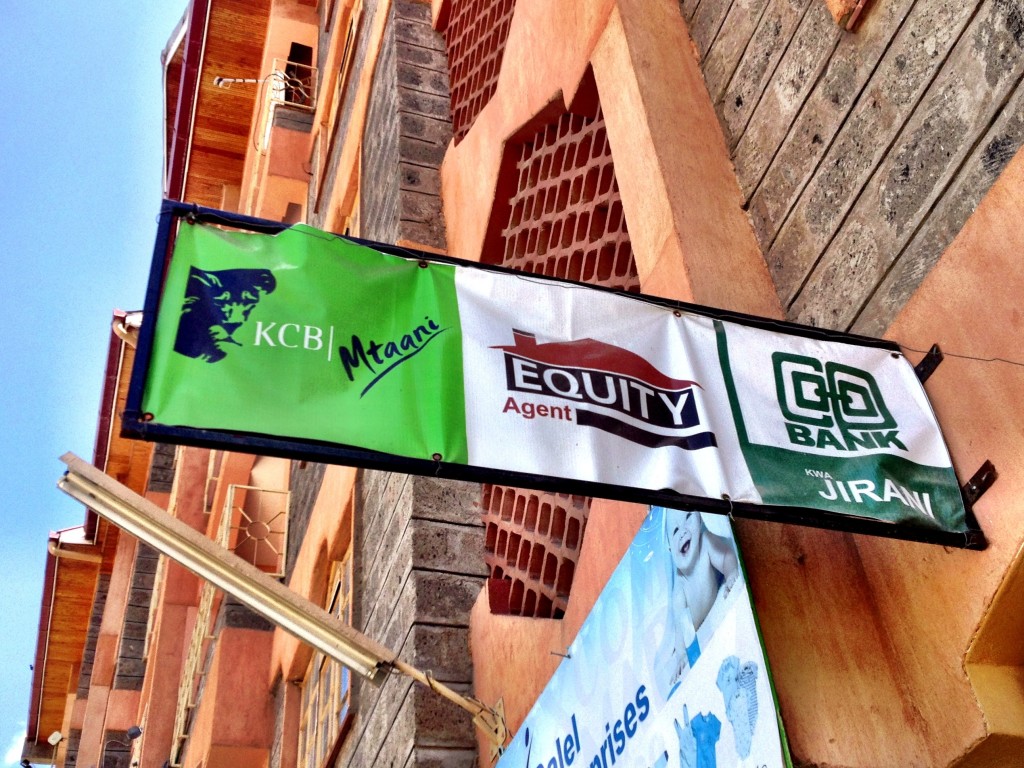ABSA Bank Kenya has been ordered to pay a former senior branch manager KES 8.32 million in damages and compensation for unfair dismissal. The claimant, Thomas Macharia Mwangi, successfully argued that his termination in May 2023 was unlawful, accusing the bank of procedural lapses, defamation, and character assassination.
Mwangi was employed by ABSA Bank as the branch manager of its Lavington branch in February 2019 and later promoted to senior branch manager at the Nkrumah Road branch, Mombasa, in March 2021. His dismissal stemmed from allegations of irregular overdraft facilities granted to two major customers under his management: D.M. Kanyi and Safinah Petroleum. According to ABSA, Mwangi had violated the bank’s lending policies, leading to financial exposure for the bank.
Mwangi was suspended in March 2023, followed by an extended suspension in April. In May, he received a notice to show cause, and after a disciplinary hearing, his employment was terminated on May 26, 2023. Mwangi contended that the suspension and subsequent dismissal were marred by procedural improprieties, including an unfair hearing and bias.
The Court’s Findings
Justice M. Mbarũ, who presided over the case, ruled that ABSA failed to follow due process in terminating Mwangi’s employment. The court noted several significant violations in the process that culminated in Mwangi’s dismissal. One of the most contentious points was the fact that the initial suspension notice was signed by a junior employee, Serah Muthui, a branch manager at ABSA’s Nyali branch, rather than a senior officer, casting doubts over the validity of the process.
“Termination of employment must adhere to a fair process, including the involvement of appropriate authorities,” the court stated in its ruling, referencing Mwangi’s testimony that his suspension letter had been signed by someone junior to him. The court found this highly irregular and indicative of procedural flaws that tainted the entire disciplinary process.
In addition to procedural failures, the court highlighted the unfairness of ABSA’s decision to advertise Mwangi’s position before his appeal hearing, undermining the integrity of the internal appeal process. Justice Mbarũ remarked that this action by ABSA demonstrated a premeditated decision to dismiss the claimant.
Breach of Privacy and Defamation
Beyond the procedural mishandlings, Mwangi also accused the bank of engaging in defamation and violating his right to privacy. He testified that during his suspension, ABSA hired private investigators who followed him to public places, including restaurants and pubs. According to Mwangi, this surveillance was not only unwarranted but also led to public ridicule.
The court found merit in Mwangi’s claims, stating that “engaging in private investigations into the claimant’s personal life without presenting the findings in the disciplinary hearing amounted to a violation of his privacy rights under Article 31 of the Constitution.” Justice Mbarũ awarded Mwangi KES 5 million in general damages for this violation.
While ABSA argued that its internal investigations had justified Mwangi’s dismissal, the court noted that the bank failed to present any compelling evidence to support its claim of a conflict of interest. Mwangi had disclosed his involvement in a real estate transaction with one of the bank’s customers, but ABSA’s forensic audit found discrepancies in the documentation. The court ruled that these allegations were insufficient to justify his termination.
Claims for Unpaid Bonuses and Salary Increments
Mwangi further claimed that ABSA had denied him a performance bonus of KES 2.3 million for the year 2022 despite the branch under his management achieving a net profit of KES 1.2 billion that year. The court ruled in his favor, finding that the bonus was rightfully earned prior to the disciplinary proceedings.
Moreover, Mwangi had argued that he was due a 13% salary increment starting in January 2023, a contractual entitlement that ABSA had ignored. Justice Mbarũ agreed, awarding him an additional KES 373,294 in unpaid salary increments.
In total, the court ordered ABSA to pay Mwangi Ksh. 8.32 million, which includes general damages, unpaid bonuses, salary increments, and notice pay.
















